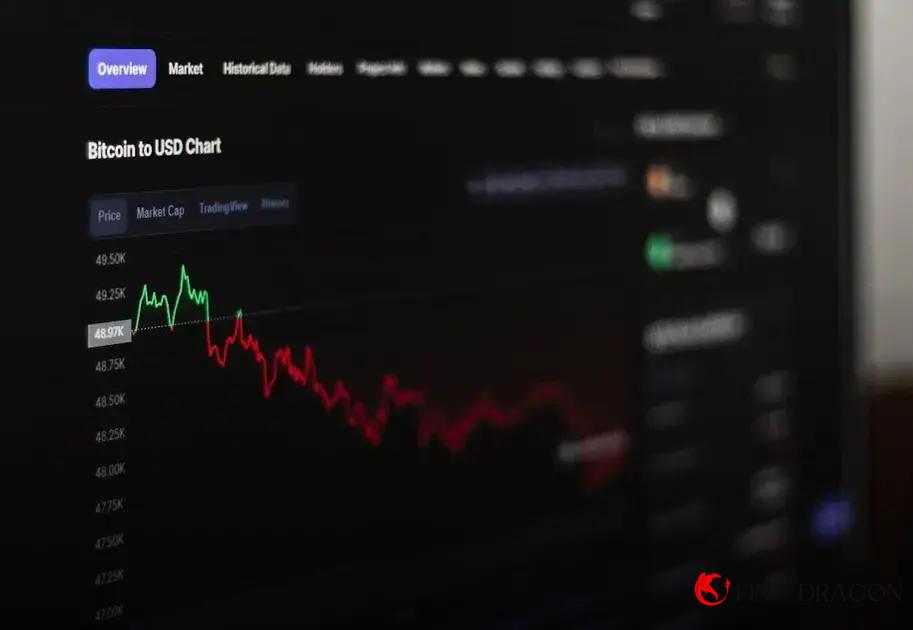The isolation of Russia’s economy has become a topic of intense debate among global economists. With the country facing continued restrictions and sanctions, understanding the long-term effects of Russia’s economic isolation is crucial. This exploration includes examining the domestic economy’s current state, challenges in global trade, political consequences, impacts on the energy sector, and social implications.
Impact on Domestic Economy
The economic isolation of Russia has triggered complex repercussions on its domestic economy. Industrial output, which heavily relied on international supply chains, faces significant disruptions. Manufacturing sectors are particularly hit, with shortages in essential components. This scenario challenges local businesses to adapt swiftly.
The agricultural sector, however, shows resilience due to increased governmental support aimed at self-sufficiency. Domestic food production is seeing a strategic pivot, thus stabilizing some aspects of the economy. Additionally, changes in fiscal policies are likely to emerge, as the government seeks to balance the budget amidst reduced oil revenues.
Furthermore, the banking sector experiences constraints with limited access to international financial markets. This scenario impacts lending rates and availability of capital for enterprises. Consequently, consumer spending may contract under rising inflation and unemployment rates, shaping the overall economic landscape of Russia in the long run.
Russia’s Global Trade Challenges

The ongoing geopolitical tensions have led to significant challenges for Russia’s global trade relations. As various international sanctions and trade barriers continue to evolve, Russia finds itself grappling with a complex international landscape. The country’s once robust trade partnerships with Europe and North America are under pressure, resulting in a need to explore new markets and strengthen ties with countries like China and India.
One of the main hurdles is the restricted access to crucial technologies and financial services that were previously sourced from Western nations. As a result, Russian firms are compelled to find alternative suppliers or invest in developing domestic capabilities, which may not always meet the quality or efficiency of prior imports.
The lack of access to these markets not only affects export revenues but also hampers the import of vital goods. This situation has prompted local businesses to search for economic opportunities in emerging economies. Yet, penetrating these markets often requires navigating complex trade policies and overcoming the competitive advantages that established foreign entities may hold.
Moreover, the global shift towards renewable energy presents another layer of complexity. As many trading partners move away from fossil fuels, Russia, a major oil and gas exporter, faces the urgent task of diversifying its export portfolio to sustain its economic standing on the global stage. Hence, firms and policymakers are increasingly focusing on enhancing competitiveness in areas such as technology, agriculture, and manufacturing.
Long-Term Political Consequences
The economic isolation of Russia has significant political ramifications that extend beyond its borders. Economically constrained, the government faces political pressures both domestically and internationally. One major consequence is the potential shift in power within the country’s political landscape. Leaders may be compelled to make difficult policy choices that could affect their political alliances and support bases.
Internationally, Russia’s geopolitical strategies might undergo significant changes. The isolation may force Russia to find new alliances and partnerships as Western relationships continue to deteriorate. Moreover, the global political order could see a realignment as countries react to Russia’s evolving position.
On the domestic front, political leaders might face increased criticism and opposition. Public dissatisfaction could spark political movements or protests, fueling further unrest. This could bring about reforms or even policy changes aimed at mitigating economic hardships, potentially altering Russia’s political focus and priorities in the long run.
Effects on the Energy Sector

Russia’s longstanding isolation from global economies significantly influences its energy sector. The restrictions on trade and exports to many parts of the world have led to a realignment of Russia’s energy partnerships, particularly focusing on markets in Asia. These shifts require substantial investments in infrastructure to redirect energy exports from Europe to countries like China and India.
Despite efforts to pivot, Russia faces complexities due to sanctions imposed by Western nations. These sanctions have hindered access to critical technology and expertise needed for maintaining and developing energy facilities. As a result, Russia relies more on domestic technology, leading to varying levels of efficiency and potential production slowdowns.
The energy sector, primarily dominated by oil and gas, continues to be a pivotal part of Russia’s economy. With waning European markets, Russia is accelerating its efforts to diversify energy sources and invest in renewable energy projects. However, these endeavors face obstacles due to financial constraints and technological dependencies.
Within domestic borders, the energy landscape is also transforming. The reduced revenue from oil and gas has motivated the government to explore alternative revenue streams, including developing alternative energy and modernizing energy distribution networks for improved efficiency. These changes aim to secure energy independence and ensure long-term sustainability.
Overall, Russia’s economic isolation continues to shape the energy sector’s strategy and investments, influencing both domestic and international dimensions of its energy policy.
Social Implications and Public Response
The long-term economic isolation of Russia has significantly affected its population. These social implications are felt in daily life, with many citizens experiencing changes in employment, income stability, and access to goods. Families are often struggling to make ends meet as inflation rises, impacting basic necessities like food and housing. The effects are becoming palpable in urban and rural areas alike.
Public response to these hardships has been varied. While some communities come together in solidarity, supporting each other to overcome these difficulties, others express frustration and dissatisfaction. Small protests and public demonstrations have become more common, reflecting widespread discontent with economic policies and external sanctions.
The role of government policy
in shaping public perception is crucial. Some government measures aim to mitigate these effects through social programs and subsidies, but the results are mixed. People gauge their effectiveness in real time, considering whether these interventions truly alleviate their plight or merely offer temporary relief.
Additionally, social media platforms have become a crucial space for expressions of dissent and camaraderie. Online discussions fuel debates about the future of Russia and spark discourse that challenges official narratives. Many citizens are using digital forums to voice their opinions and share personal stories about how economic isolation impacts their lives, which contributes to a broader understanding of its social ramifications.





